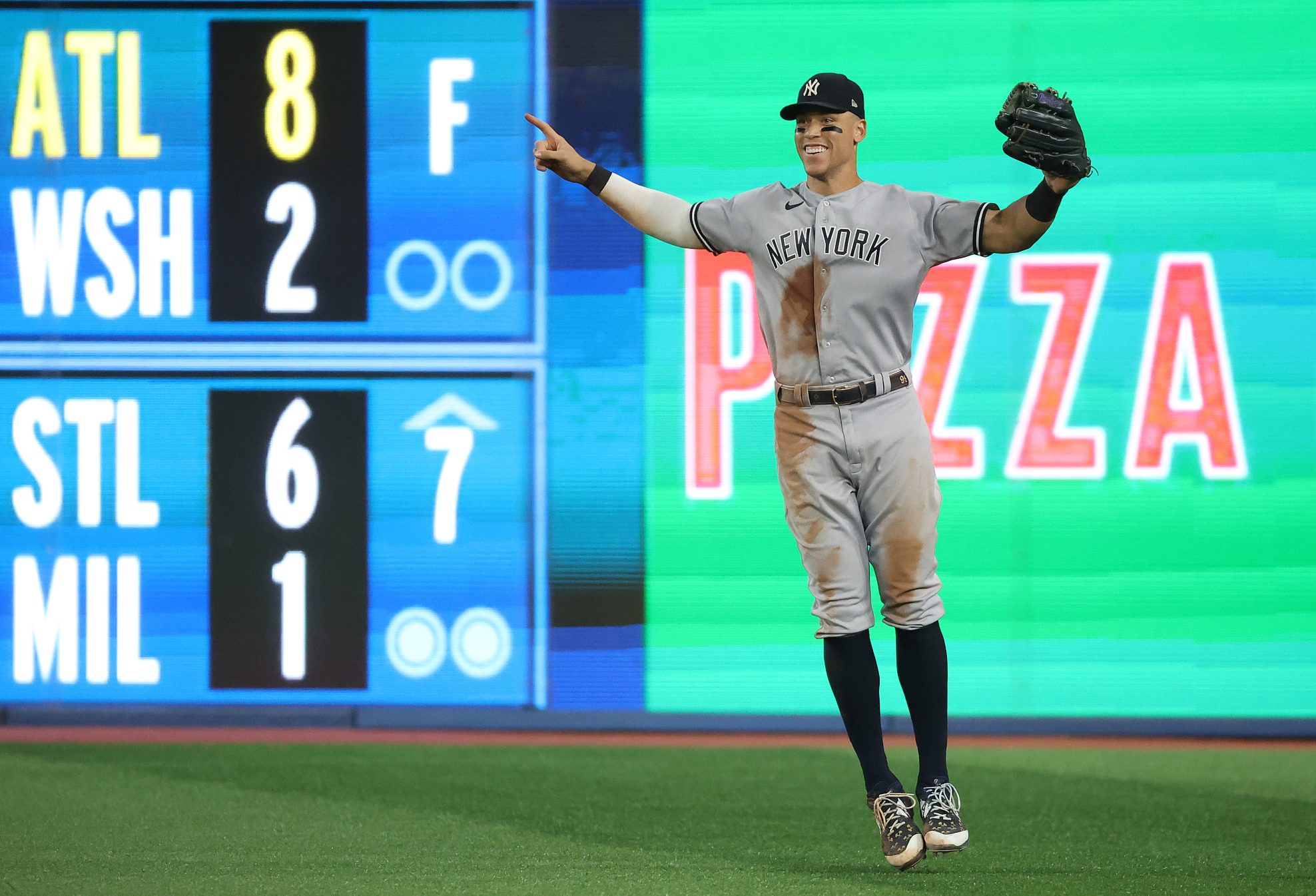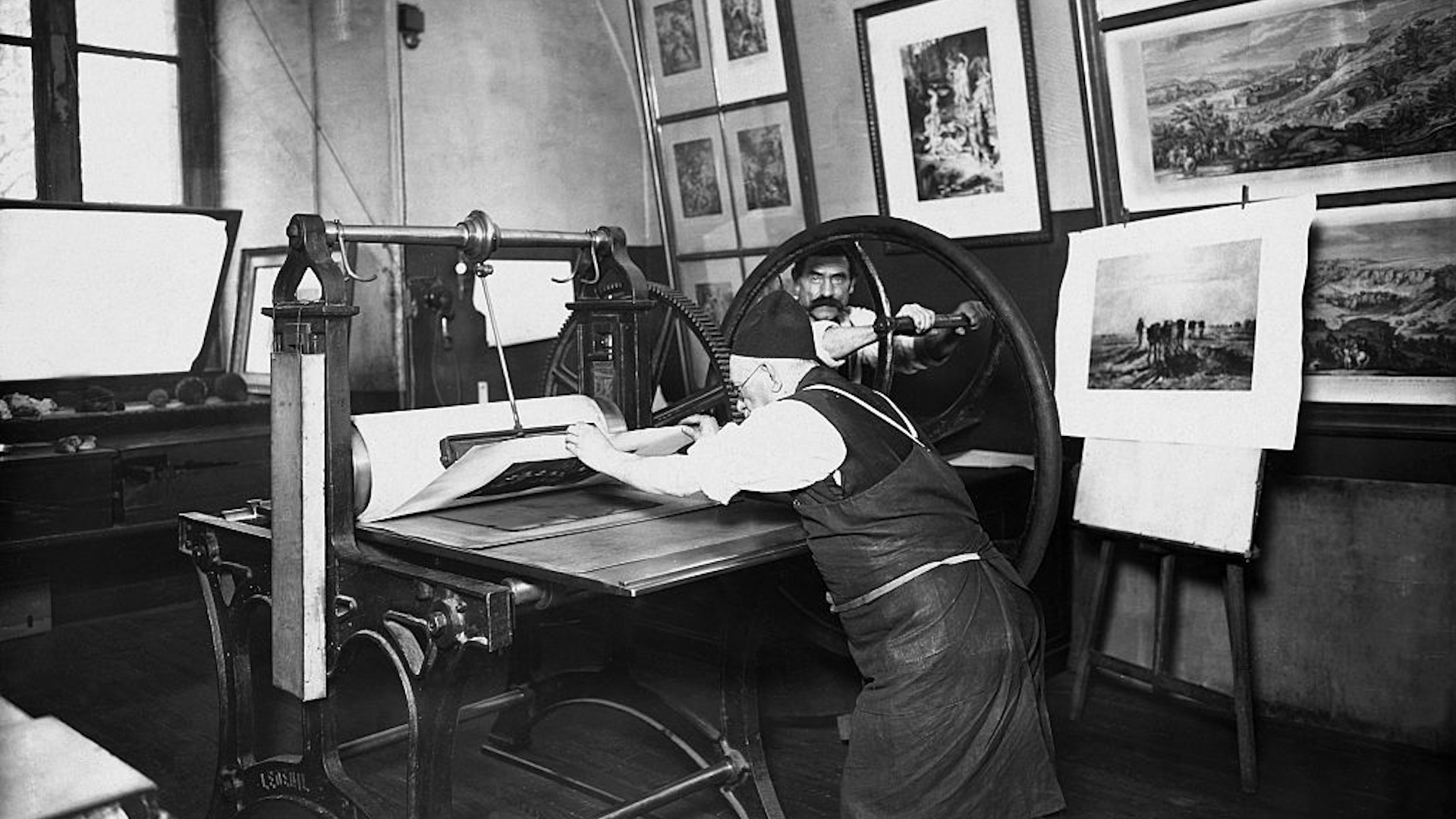When he was nearing Babe Ruth's single-season home run record in 1961, Roger Maris famously began to lose clumps of his hair, so stressful was the task of chasing such a legendary figure and such a herculean feat. Aaron Judge, in his quest to pass Maris this season and break what is somewhat euphemistically referred to as the American League home run record, hasn't outwardly shown the same signs of mental exhaustion. But the past week cannot have been an easy one.
Judge hit his 60th home run of the year in his last at-bat of a win against the Pirates on Sept. 20, and in the 31 plate appearances he's made in the seven highly anticipated games since, surrounded by phone cameras and greeted by an eerie loud-quiet-loud crowd effect on every pitch, he's failed to get No. 61. The lack of long balls comes in large part because teams are pitching around him, hoping that Judge will feel the pressure and chase outside to try and satisfy the fans and earn that individual glory. But the slugger hasn't given in yet. In those seven games, Judge has taken a walk 12 times, or 38.7 percent of his PAs, compared to just 15.7 percent across the 150 games he's played in total this season. And in Toronto on Tuesday night, hittable pitches were at even more of a premium. Judge had only a small handful of opportunities to smash his 61st, but instead patiently settled for four walks and two runs scored in the Yankees' division-clinching 5-2 win.
— Lindsey Adler (@lindseyadler) September 28, 2022
This is much, much better than a slump, at least. In the last week of action, Judge's OBP stands at .548, with his slugging percentage still a respectable .421, as the Yankees have won six out of seven. While ideally you do want the most powerful hitter in the majors swinging the bat and gunning for extra-base hits, these are results that any player not chasing a famous record would be satisfied with. And Judge, knowing this, has refused to complain, saying all the right things even as the anxiety around his chase builds and builds.
Beer and champagne-soaked Aaron Judge asked if four walks were frustrating. "Not when you win," he said. "I'll take four walks for a win every single day."
— Ian O'Connor (@Ian_OConnor) September 28, 2022
And asked if he was worried about his drought with only eight games left in the season, he responded, "Not at all. … That'll come."
Barring MLB's late-season implementation of my genius plan to make walking Judge illegal, this is the attitude he needs to show to the public—and, more importantly, to opposing teams. Judge's home run prowess has stuck him in an extraordinarily demanding situation every time he steps into the batter's box, one in which any result that's not a dinger will be felt as a disappointment that reverberates throughout the ballpark. And unlike, say, Miguel Cabrera when he was stuck on 499 career dongs last season, Judge does not have the luxury of knowing he will reach his goal eventually, as long as he doesn't get hit by a truck. The season is nearly over. Time is running out. He still needs two more home runs.
For pitchers who don't want to give up 61 or 62, this all works to their advantage. They have the scariest hitter in the league backed into a corner, and when he comes up to the plate they can carry the hope that Judge will press, will jump at balls outside the zone because he badly wants this weight off his shoulders. But so far, his patience has won out, on and off the field. Judge can and will walk to first again and again. Then, he'll indulge in a victory celebration with his teammates, refusing to show any signs that he wanted more.





